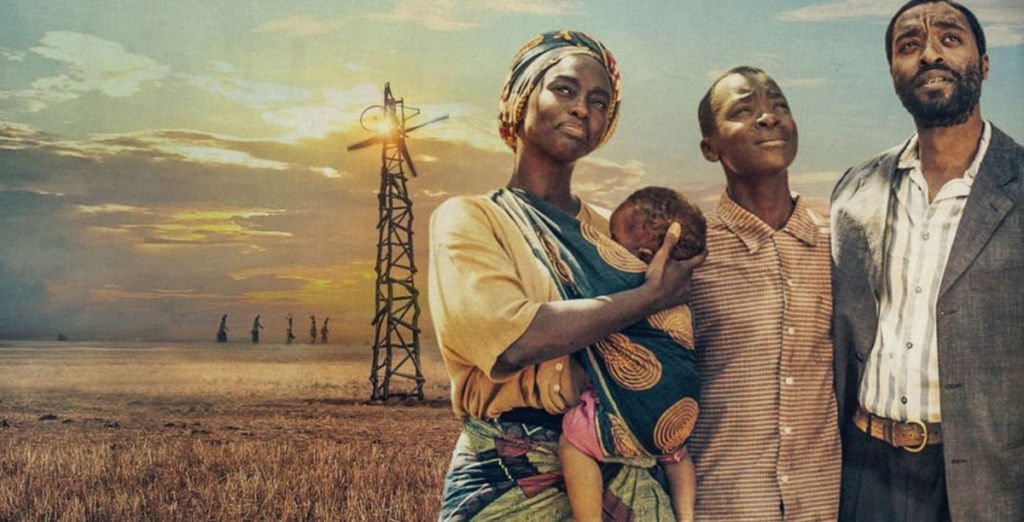In a world where technology is advancing by leaps and bounds, stories of innovation and perseverance always find a special place in people's hearts. The Boy Who Found the Wind is one of those inspiring narratives, which not only captures the essence of human creativity but also sheds light on profound social issues. This film, based on a true story, is a window into the struggles and triumphs of William Kamkwamba, a young man from Malawi who, against all odds, found an innovative solution to save his community from starvation.
The Genesis of Innovation in Times of Crisis
William Kamkwamba, played masterfully by Maxwell Simba, is a teenager living in a village in Malawi, facing a severe hunger crisis due to droughts and mismanagement of natural resources. With school out of reach due to lack of money for tuition, William turns to the village library, where a book on wind energy ignites a spark in his mind. The idea is daring and almost unbelievable for the community: to build a windmill to pump water and irrigate the farmland, ensuring food security for his village.
Challenges and perseverance
William's path is full of obstacles. He faces not only the scarcity of resources, but also the skepticism of his community, including his own father, Trywell Kamkwamba, played by Chiwetel Ejiofor, who also directs the film. William's journey is a tangible demonstration of frugal innovation - the art of doing more with less. His windmill, built from scrap and found materials, is a testament to the human capacity to adapt and overcome adversity through creativity.
Deep Social Issues
In addition to the story of innovation, "The Boy Who Discovered the Wind" addresses crucial social issues. The hunger crisis in Malawi is presented not only as a consequence of natural phenomena, but also as a result of political and social failures. The film highlights the importance of education, showing how limited access to it affects personal and community development. In addition, William's story is a poignant reminder of unequal access to resources and opportunities, a universal theme in many societies.

Directed by Chiwetel Ejiofor
Chiwetel Ejiofor makes his directorial debut with this film, and he does so with a sensitivity that honors the true story of William Kamkwamba. Ejiofor captures the beauty and harshness of rural Malawi with cinematography that speaks as much as the dialog. Ejiofor's direction is contemplative, giving the characters and the story room to breathe, which allows the audience to become deeply involved in the journey of William and his community.
Impact and Legacy
The Boy Who Found the Wind is more than an individual success story; it's a call to action on the importance of sustainable innovation and education as tools to fight poverty and hunger. The film makes it clear that, while William's story is exceptional, the potential for innovation lies everywhere, waiting to be discovered. It's a message of hope and a reminder that change often starts with a single idea.
Watch The Boy Who Found the Wind
The Boy Who Found the Wind is a film that transcends the genre of inspirational biographies, delving deep into complex social issues and presenting an optimistic yet realistic view of the power of innovation in the face of adversity. William Kamkwamba's story is a testament to human resilience and the ability to turn challenges into opportunities. This movie is not only thrilling entertainment, but also a source of inspiration and reflection on how each of us can contribute to a better world.
In addition, the film addresses issues of inequality, showing how a lack of access to basic resources such as education and water can limit human potential. However, by overcoming these obstacles, William demonstrates that change is possible, inspiring a vision of a future where innovative solutions can emerge from the most challenging circumstances.
See also: 8 best apps for watching movies and series
February 21, 2024
Graduated in Languages - Portuguese/English, creator of the Successful WriterHe also writes for Great App, expanding the knowledge of all technology lovers through movie and series reviews, game reviews and the main news of the moment.